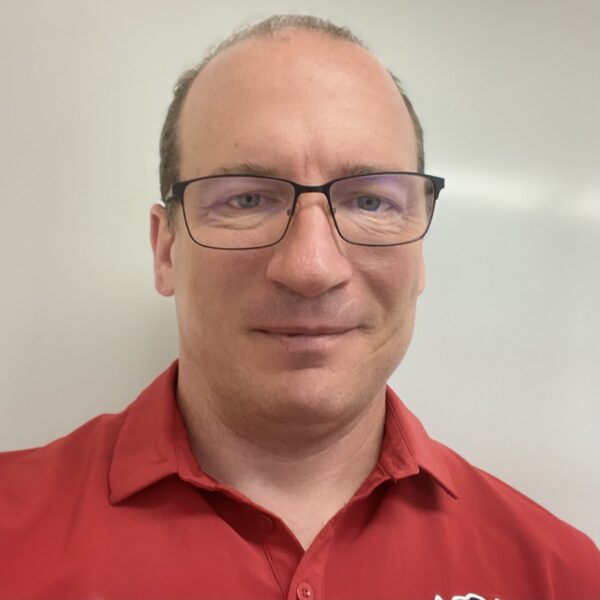Department of Nuclear Engineering

All Events
- This event has passed.
[Seminar] Expanding the Capabilities of Microwave Hairpin Resonator Probes
January 25, 2024 @ 4:00 pm - 5:00 pm
Event Navigation
Dr. Steven Shannon
Director of Nuclear Engineering Graduate Program
Professor of Nuclear Engineering
North Carolina State University
Abstract
Microwave hairpin resonator probes are a common diagnostic for measuring electron density in plasmas. They are particularly effective in low temperature plasmas, RF driven plasmas, reactive (particularly depositing) plasma chemistries, and other plasma environments that can challenge the effective use of comparable probe diagnostics such as Langmuir probes or emissive probes. Efforts to increase the utility of these probes through both innovative probe design (such as biasing and curling probe design) and combination of the hairpin probe with other diagnostic techniques (such as laser photodetachment studies in electronegative discharges) have increased the utility of hairpin probes in the field of experimental plasma science. This work presents efforts to expand on the measurement capabilities of these probes in two ways. First, the analysis of resonance data is expanded to account for plasma contributions to the Q-factor of the loaded resonance circuit. From this, additional plasma parameters such as electron neutral collision frequency can be estimated. Second, the time resolution of these probes are expanded to provide insight into the time modulation of plasma discharges including pulsed RF discharges, and can be extended to time resolved measurements within the period of an RF driven system, complimenting the growing area of phase resolved plasma characterization. The methods for expanding the capabilities of these probes are presented in this talk as well as examples of where this extension of probe capability has provided insight into basic plasma phenomena including moderate pressure operation of RF discharges, sheath heating, probe perturbation effects on density measurement, electronegative plasma instabilities, and the role of plasma edge uniformity on power coupling in inductively coupled plasma reactors. This work has been supported by the National Science Foundation, U.S. Department of Energy, Samsung Electronics, Applied Materials Inc. MKS Instruments and the state of North Carolina.
Biography
Steven Shannon is Professor and Director of Graduate Programs for the Nuclear Engineering Department at North Carolina State University, where he directs research in plasma source design, characterization, modeling, and application. His lab’s research efforts have broad support from government funding agencies (NSF, DOE) and industry (Applied Materials, Samsung, KLA Tencor, Intel). After graduating from the University of Michigan in 1999 he served as a member of the technical staff at Applied Materials in Santa Clara CA while also holding an adjunct faculty position in the Chemical and Materials Engineering Department at San Jose State University. He joined NC State in 2008.
Thursday, January 25. 2024
4:00 pm seminar
zoom link upon request


![[Defense] Development and Implementation of Neural Thermal Scattering (NeTS) Modules for Monte Carlo and Multiphysics Analysis of Advanced Reactors](https://ne.ncsu.edu/wp-content/plugins/events-calendar-pro/src/resources/images/tribe-related-events-placeholder.png)